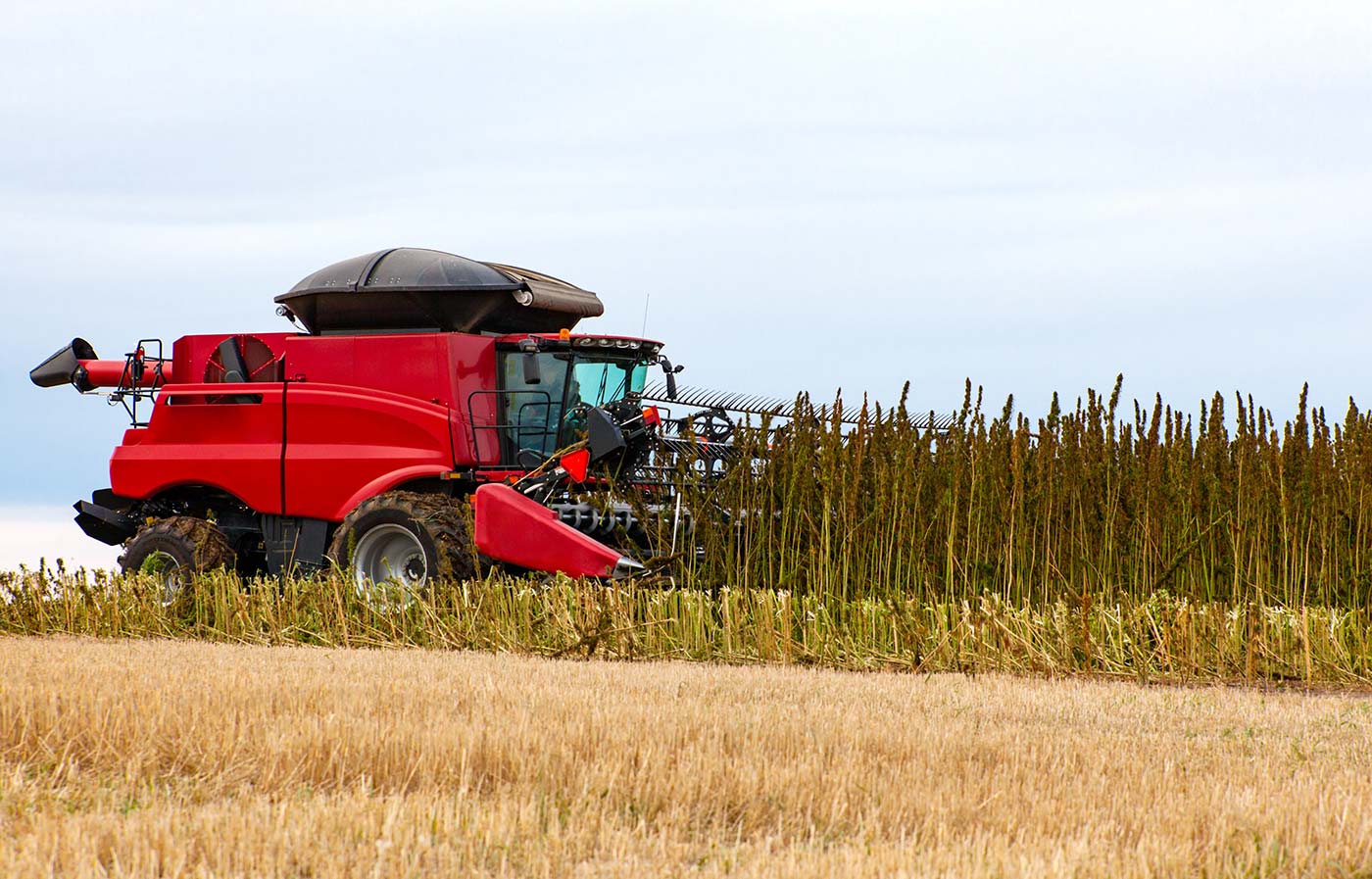Hemp in American Industry
Hemp has been cultivated for thousands of years for its fiber, which is found in the plant’s stalk. Used throughout history to craft sails, rope and textiles as well as in a plethora of other industries such as paper and construction, the fiber is extremely versatile. In 1941, American manufacturing icon Henry Ford was the first to experiment with crafting a car made from an agricultural-derived plastic, which included hemp.
Today, in Elkhart, Indiana, FlexForm Technologies uses natural fibers to build composite materials for the automotive, aircraft and office industries. Though imported hemp was widely used in their production process in the early 2000s, the company hasn’t used the plant in its manufacturing line in recent years due to the high cost of importing the fiber.
“We currently use zero hemp because it’s expensive and hard to get,” says CEO Gregg Baumbaugh. “We certainly would use it if it was reasonably priced and at a quality and consistency that meets our current supply chain.”
A member of the Midwest Hemp Council, which advocates for a renewed hemp industry in Indiana and beyond, Baumbaugh has spoken on behalf of FlexForm Technologies on Capitol Hill and in Indiana’s legislature in support of the development of a robust American and Indiana hemp industry. He cites the need for a domestic source of hemp fiber for his company and others like it as the motivation for his advocacy efforts. Baumbaugh believes that with the right policy support, American growers and processors can build a robust hemp program to supply industrial needs.
“We use roughly 80,000 to 100,000 pounds a week of natural fiber,” Baumbaugh says, explaining FlexForm’s manufacturing process. “People say, ‘Oh, that’s a lot,’ but in the grand scheme of things, the carpeting industry and others are going to use a lot more.”




